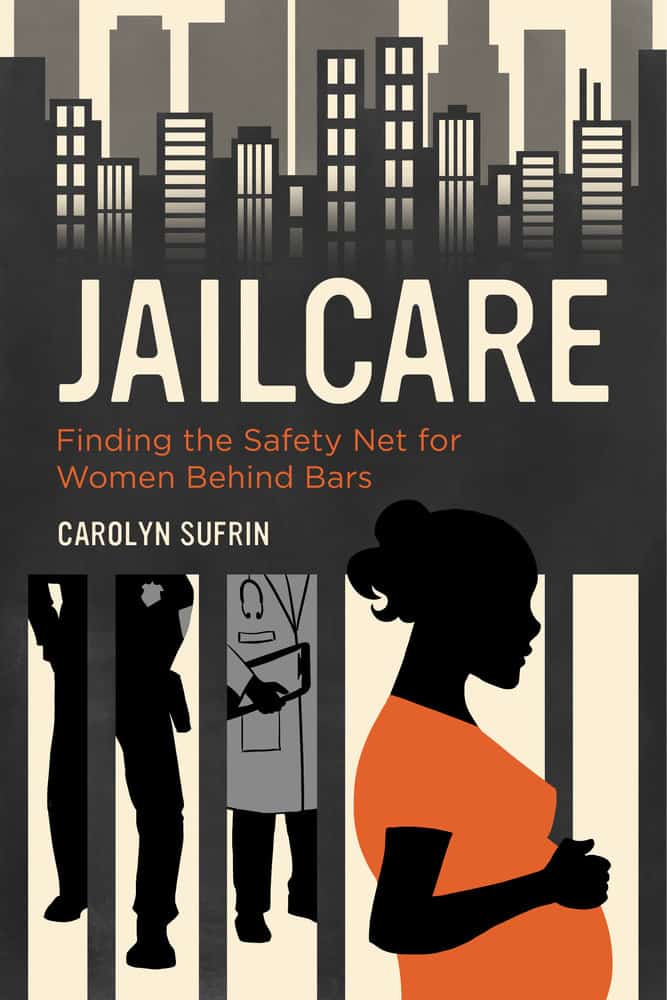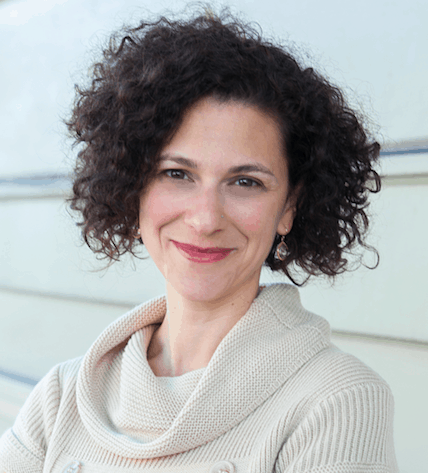As discussions about reproductive justice and women’s rights as human rights continue, we mustn’t forget that these same rights should apply to pregnant women behind bars.
 Carolyn Sufrin, author of Jailcare: Finding the Safety Net for Women behind Bars, recently discussed how the repeal of the Affordable Care Act could negatively affect pregnant women in prison—many of whom are women of color and come from low socioeconomic backgrounds. Despite a 1976 Supreme Court Case stating that prisons and jails are constitutionally mandated to provide health care to incarcerated persons, pregnant incarcerated women are still neglected and mistreated.
Carolyn Sufrin, author of Jailcare: Finding the Safety Net for Women behind Bars, recently discussed how the repeal of the Affordable Care Act could negatively affect pregnant women in prison—many of whom are women of color and come from low socioeconomic backgrounds. Despite a 1976 Supreme Court Case stating that prisons and jails are constitutionally mandated to provide health care to incarcerated persons, pregnant incarcerated women are still neglected and mistreated.
Many imprisoned women are in jail and prison for non-violent crimes, most times involving drugs. Most recently in an interview with Rewire, Sufrin states: “With the criminalization of drug use during pregnancy, although there was some recent encouraging news in Wisconsin, we have to be concerned that we’re going to see these laws and enforcement increase. Instead of investing in drug treatment and mental health treatment, women are going to be criminalized. The appointment of Jeff Sessions [Attorney General of the United States] and his commitment to roll back the progress of criminal justice system reform are deeply tied to the rollback on health-care reforms and reinvesting in safety net programs. It’s all tied together and only going to make things worse for women in the criminal justice system.”
In Jailcare, Sufrin writes:
Since the 1980s’ escalation of “the war on drugs,” the United States has seen an exponential rise in the number of people behind bars, from 501,886 in 1980 to 2,173,800 in 2015. The U. S. holds only 5 percent of the world’s population, but more than 20 percent of the world’s prisoners. We incarcerate more women than Russia, China, Thailand, and India combined. Blacks have been disproportionately targeted, imprisoned at a rate that is more than five times that of whites, a statistical fact which reflects the continuities between racist criminal justice system policies and plantation slavery and Jim Crow segregation. Amid this expansion, women are the fastest-growing segment of the prison population. And yet incarcerated women and their health needs remain consistently excluded from public discussions of mass incarceration.
Numerous scholars have chronicled the rise of mass imprisonment, arguing that the phenomenon reflects not a response to a rise in violent crime, but the “penal treatment of poverty.” Put simply, where the state once had a strong moral and financial investment in robust public services for the poor, it now invests in an increasingly large and punitive penal system to manage them. The public safety net has failed to help millions of people stabilize lives made precarious by inequality and trauma.
Sufrin believes that “it’s possible to advocate for improved health care inside jails at the same time we advocate for improved services and criminal justice reforms outside of jail. … We can advocate for those kinds of changes while also ensuring that the care [pregnant incarcerated women] receive while they’re in jail meets the community standard of care and is comprehensive. This does not mean that we should make jails less safe or less resourced to provide health care so that we can make communities more resourced. We need to work on both at the same time.”
 Carolyn Sufrin is a medical anthropologist and an obstetrician-gynecologist at Johns Hopkins University School of Medicine. Learn more about Jailcare at www.jailcare.org/.
Carolyn Sufrin is a medical anthropologist and an obstetrician-gynecologist at Johns Hopkins University School of Medicine. Learn more about Jailcare at www.jailcare.org/.

